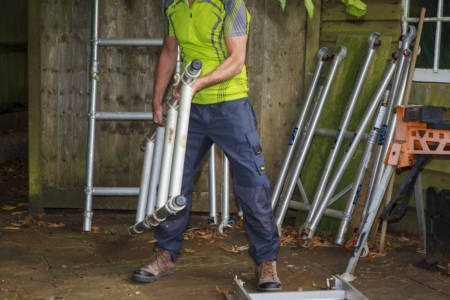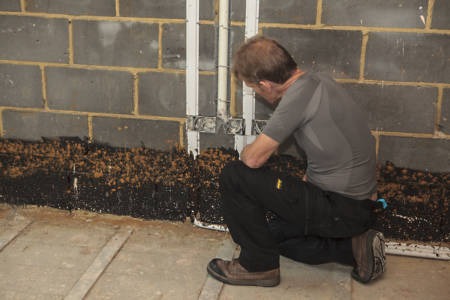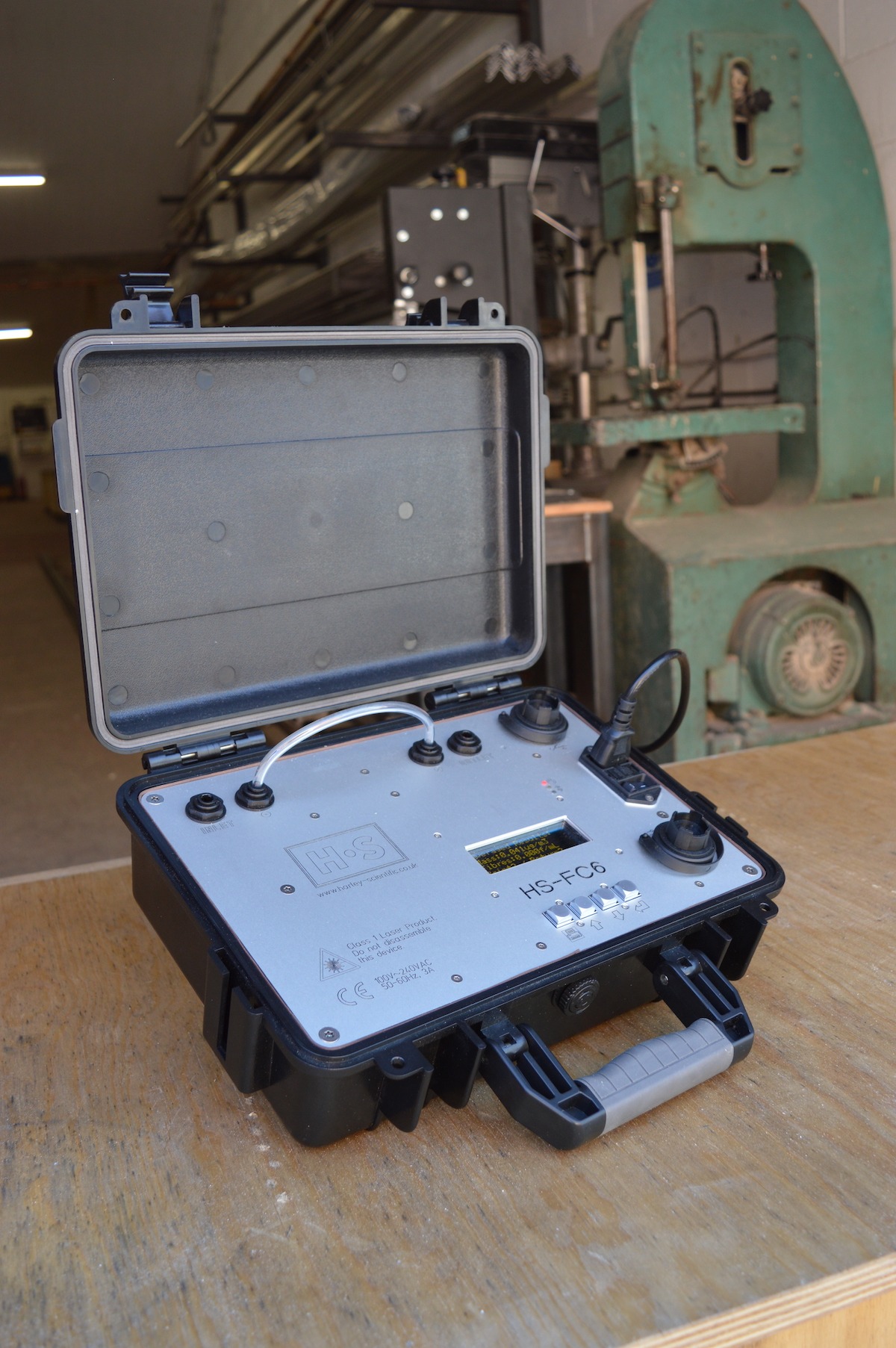Roger Bisby looks at some products from the Senco compressed air tool range including the Senco SLP 20XP 18 gauge brad nailer.
Every time I review an air tool I start by making the case for using compressed air. In the U.K it is an under valued resource but elsewhere it is a major player. I have been on American sites where they run a ring main air hose around the whole site so you can use grab a spur and plug your hose in.
On a smaller scale you will be looking at a single tool por table compressor. So in this case the only down side of an air tool is the need to have a compressor and hose but once you make that modest investment you are looking at ultra reliable, low cost, lightweight tools with outstanding power.
They are used in factories throughout the world because there is really very little to wear out so they go on working day in day out for a very long time. Pallet manufacturers for example often have tools that are twenty years old.
I will be looking at a number of Senco air tools over the coming months but here I want to start by looking at a small portable compressor and a brad nailer. You can consider it to be a starter kit for air heads. The PC 0968 compressor has sufficient capacity for running finish nailers and even with the two stacked cylinders adding up to 9 litres it is lightweight and easy to carry weighing 17 kilos.
As compressors go it is fairly quiet and as it draws just 8 amps on start up you won’t be tripping circuit breakers. This Senco SLP 20XP 18 gauge brad nailer, has just two ‘O’ rings and can be serviced in minutes with one Allen key and the 2 ring service pack from Senco. Compared to a gas nailer or even an electric nailer you are talking about simplicity itself. This is borne out by the fact that it comes with a 4 year warranty. This is fundamentally a brad nailer for small moulding etc. but it takes brads between 16 and 41 mm so it is more than capable of fixing architraves and kitchen trims particularly if you are simply holding them while the adhesive sets. You can use a slight-head brad or a lost head pin and you can adjust driving depth by turning the compressor outlet pressure up or down. Once you have set it with a couple of test drives it is very consistent. The side loading magazine is very easy to use and allows you to line up another size brad before the the first clip is exhausted.
The nailer is oiless so you don’t have to worry about tiny oil droplets staining hardwoods.


























